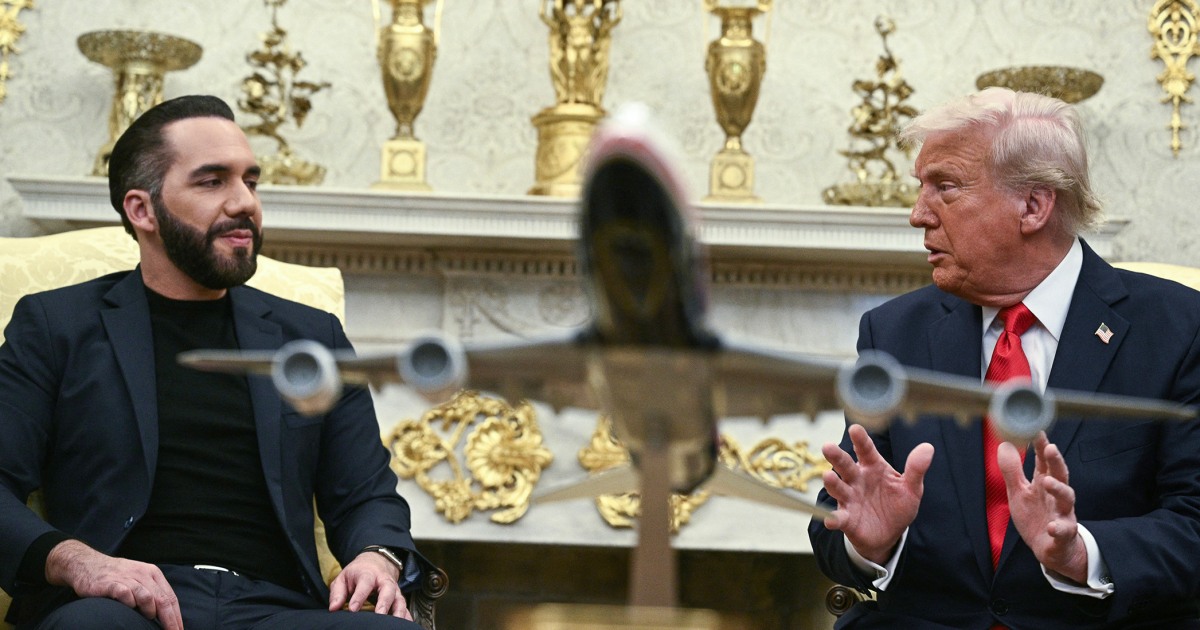Key takeaways:
- Concerns have emerged over the U.S. government’s deportation policies, particularly regarding U.S. citizens convicted of unspecified crimes, following discussions between President Trump and El Salvadoran President Bukele.
- The potential deportation of U.S. citizens without due process has alarmed legal experts, with the case of Mr. Abrego Garcia highlighting issues of legal compliance and individual rights.
- President Trump’s plans to deport individuals to a prison in El Salvador have intensified debates on the treatment and rights of deported individuals, prompting calls for the court to assert its authority and ensure adherence to legal standards.
In recent developments, concerns have arisen regarding the U.S. government’s approach to deportation policies, particularly in relation to U.S. citizens convicted of unspecified crimes. The issue has sparked debate among immigration advocates and constitutional law experts, who are closely monitoring the situation. The discussions were further intensified following a meeting between President Donald Trump and El Salvadoran President Nayib Bukele, where the deportation of individuals, including U.S. citizens, was reportedly on the agenda.
The controversy centers around the potential deportation of U.S. citizens without due process, a scenario that has alarmed legal experts. The case of Mr. Abrego Garcia, who is currently in custody in El Salvador, has become a focal point in this debate. A court order had previously mandated his release from custody, but the White House’s actions have been perceived as contrary to this directive. This has raised questions about the administration’s adherence to legal processes and the implications for individuals’ rights.
President Trump’s discussions with President Bukele included plans to deposit deported individuals in a well-known prison in El Salvador. This has further fueled concerns about the treatment and rights of deported individuals, particularly those who may not have received due process. The situation has prompted calls for the court to assert its authority and ensure compliance with legal standards, as the administration’s actions are seen as a challenge to institutional norms.
As the situation unfolds, the court faces a critical decision on how to respond to the administration’s actions. The outcome will likely have significant implications for immigration policy and the protection of individual rights. Observers are keenly awaiting the court’s response, which will determine whether it will uphold its authority or yield to the administration’s approach.



Be First to Comment